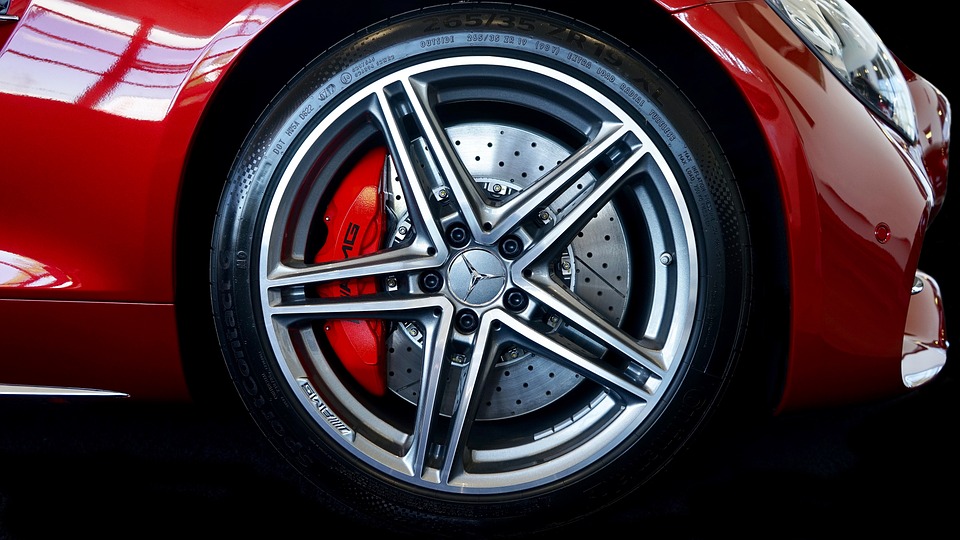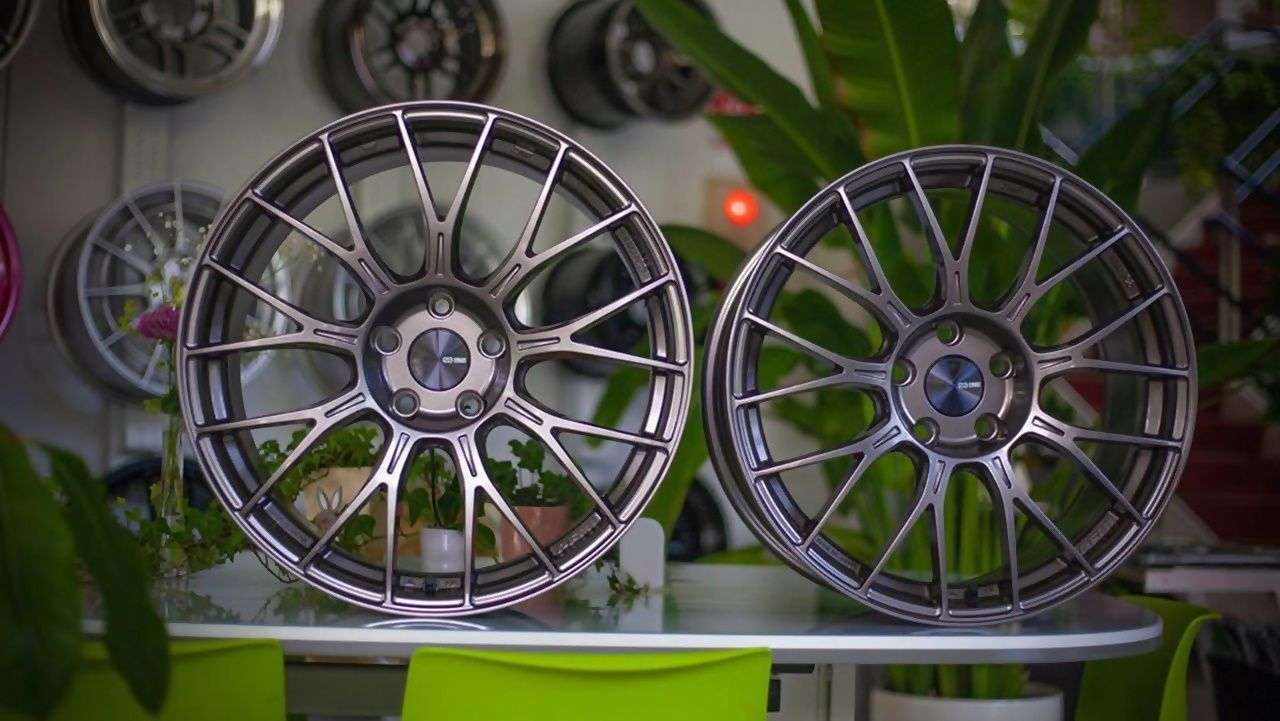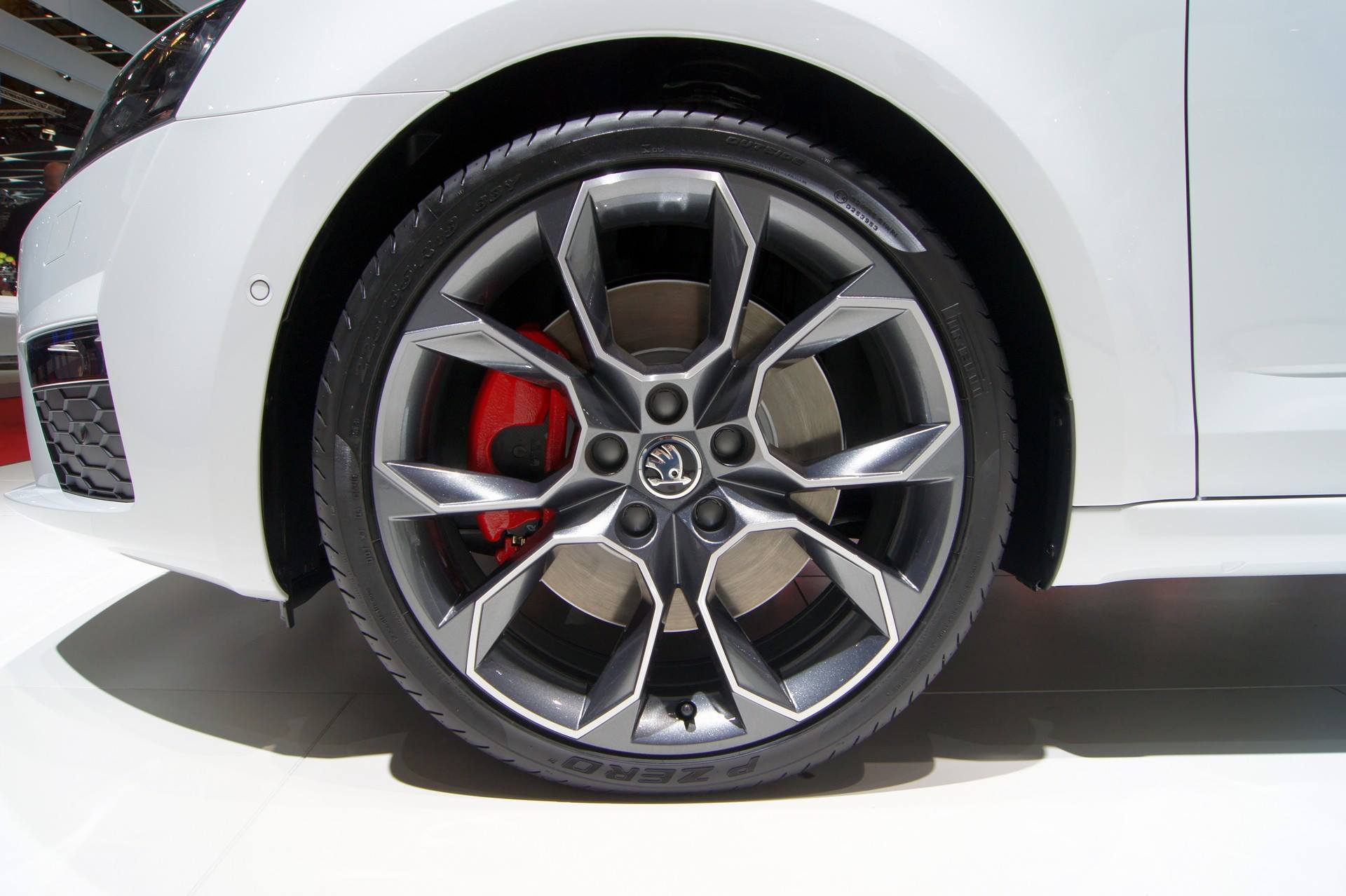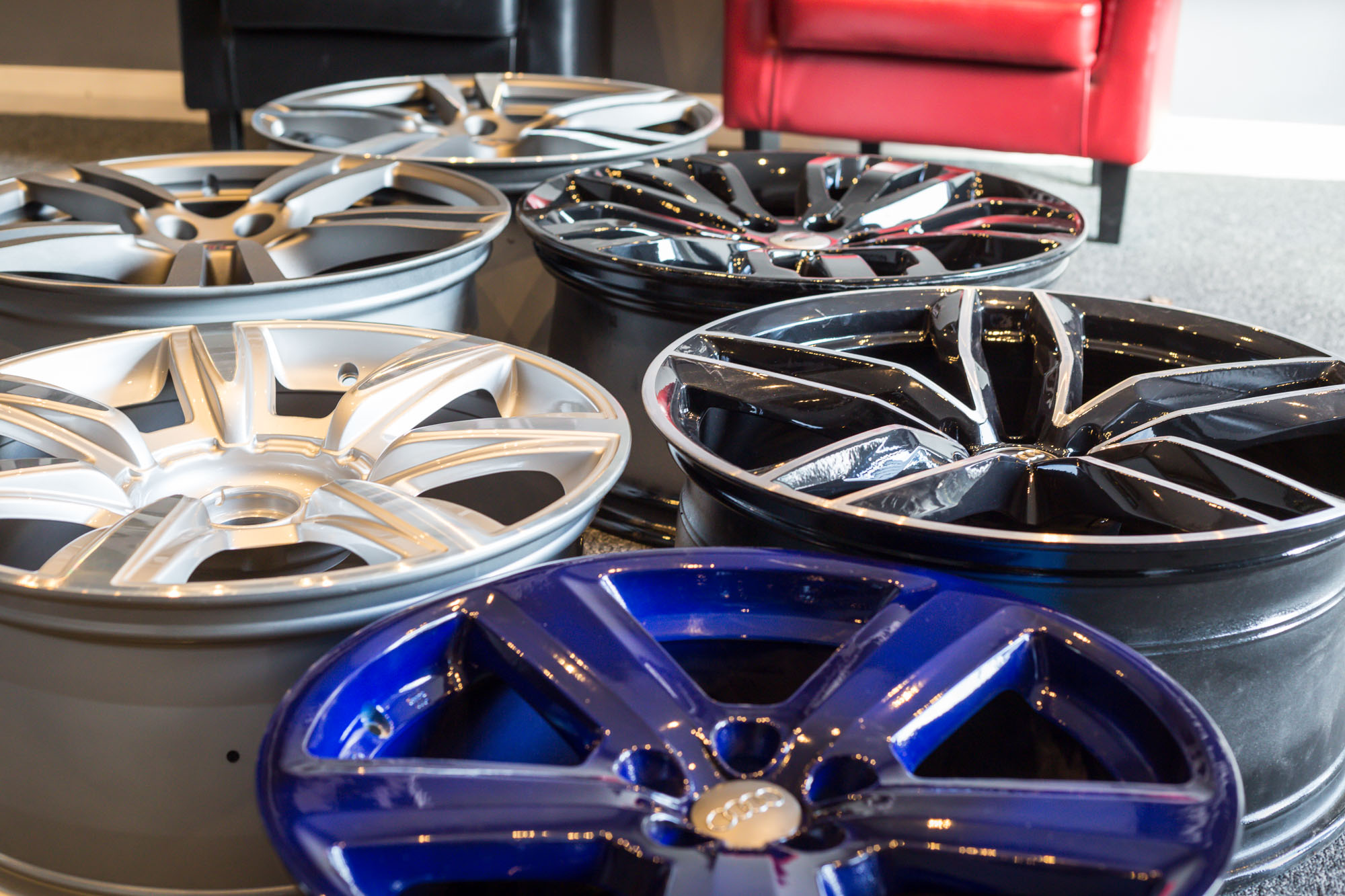
Table of Content
▼Car alloy wheels have become a popular choice among vehicle enthusiasts and everyday drivers alike, offering a blend of style, performance, and functionality. In this article, we will explore the advantages of car alloy wheels, their types, and how they can enhance your driving experience.
What Are Car Alloy Wheels?
Car alloy wheels are wheels made from an alloy of aluminum or magnesium combined with other metals. These alloys are chosen for their strength and lightweight properties, which contribute to improved vehicle performance. Unlike traditional steel wheels, alloy wheels offer both aesthetic and functional benefits.

Advantages of Car Alloy Wheels
- Enhanced Performance
One of the primary reasons car owners opt for alloy wheels is their performance benefits. The lightweight nature of alloys reduces the overall weight of the wheel, which leads to improved handling and acceleration. This weight reduction also translates into better fuel efficiency, as the engine doesn’t have to work as hard to move the vehicle.
- Improved Aesthetics
Car alloy wheels are available in a wide range of designs, finishes, and sizes, allowing vehicle owners to customize their cars’ appearance. Whether you prefer a sleek, modern look or a classic design, alloy wheels can significantly enhance the visual appeal of your vehicle. They often come in various finishes such as polished, matte, or chrome, providing a premium look that standard steel wheels lack.
- Better Heat Dissipation
Alloy wheels have superior heat dissipation properties compared to steel wheels. The materials used in alloy wheels, such as aluminum, conduct heat more effectively, helping to cool the brakes more efficiently. This improved heat management reduces the risk of brake fade, which can occur when brakes overheat during heavy use.
- Increased Durability
While steel wheels are generally durable, alloy wheels offer enhanced strength and resilience. Modern alloy wheels are engineered to withstand various road conditions and impacts better than traditional steel wheels. This durability is due to the advanced materials and manufacturing processes used in alloy wheel production, making them less likely to bend or crack under stress.
- Reduced Maintenance
Alloy wheels are easier to clean and maintain compared to their steel counterparts. Their smooth surface and coating options make it simpler to remove brake dust and dirt. Additionally, many alloy wheels come with protective coatings that help resist corrosion, reducing the need for frequent maintenance and preserving their appearance over time.

Types of Car Alloy Wheels
Car alloy wheels come in several types, each designed to meet specific performance and aesthetic needs:
- Cast Alloy Wheels
Cast alloy wheels are created by pouring molten alloy into a mold, where it cools and solidifies into the desired shape. This manufacturing process is cost-effective and allows for a wide variety of designs. Cast alloy wheels are commonly used in both standard and performance vehicles due to their balance of affordability and performance.
- Forged Alloy Wheels
Forged alloy wheels are made by shaping a solid piece of metal using high-pressure machinery. This process results in a denser and stronger wheel compared to cast alloys. Forged wheels are generally lighter and more durable, making them a popular choice for high-performance and luxury vehicles. However, they tend to be more expensive due to the complex manufacturing process.
- Flow-Formed Alloy Wheels
Flow-formed alloy wheels are a hybrid between cast and forged wheels. The manufacturing process involves casting the wheel and then applying a high-pressure technique to improve its strength and reduce weight. Flow-formed wheels offer a good balance between performance and cost, making them an attractive option for many drivers.

Choosing the Right Alloy Wheels
When selecting car alloy wheels, consider the following factors to ensure you choose the best option for your vehicle:
- Size and Fitment
Ensure that the alloy wheels you choose are compatible with your vehicle’s specifications. Proper fitment is crucial for maintaining optimal performance and safety. Consult your vehicle’s manual or a professional to determine the correct size and offset for your wheels.
- Design and Finish
Select a design and finish that complements your vehicle’s style. Alloy wheels are available in various designs, including multi-spoke, split-spoke, and mesh patterns. Finishes such as polished, matte, or painted can further enhance the look of your car.
- Performance Needs
Consider your driving style and performance needs when choosing alloy wheels. If you prioritize handling and acceleration, opt for lightweight forged or flow-formed wheels. For everyday driving and aesthetics, cast alloy wheels may be sufficient.
- Budget
Car alloy wheels come in a range of price points. While forged wheels offer superior performance, they are typically more expensive. Determine your budget and balance performance, aesthetics, and cost to find the right wheels for your needs.
Conclusion
Car alloy wheels offer numerous benefits, including improved performance, aesthetics, and durability. By understanding the different types of alloy wheels and their advantages, you can make an informed decision that enhances your driving experience. Whether you’re looking to upgrade your vehicle’s appearance or improve its handling, alloy wheels provide a stylish and functional solution.
Also Read: Elevate Your Ride with Bullet Alloy Wheels: A Comprehensive Review
Karan Bhatia
Karan Bhatia is an automobile expert and reviewer with 8+ years of experience test-driving cars, bikes, and EVs. He provides honest, detailed, and practical reviews that highlight performance, design, safety, and value for money. His expert insights help readers make confident choices when buying their next vehicle.
_1771411501.webp)
_1770372474.webp)



